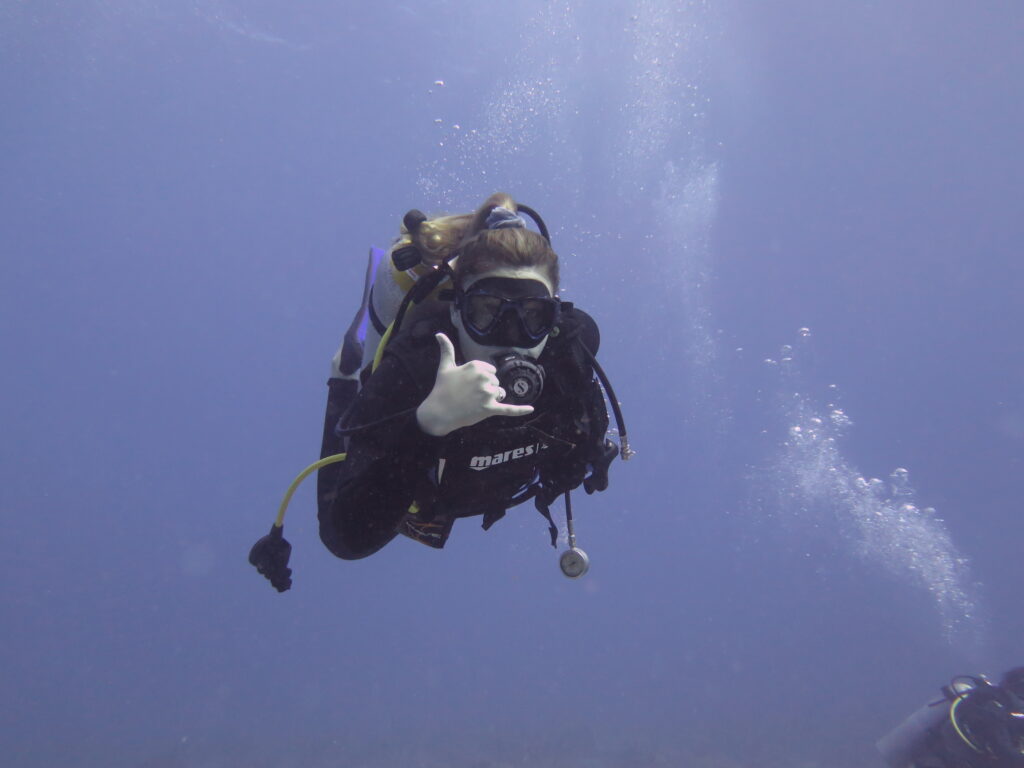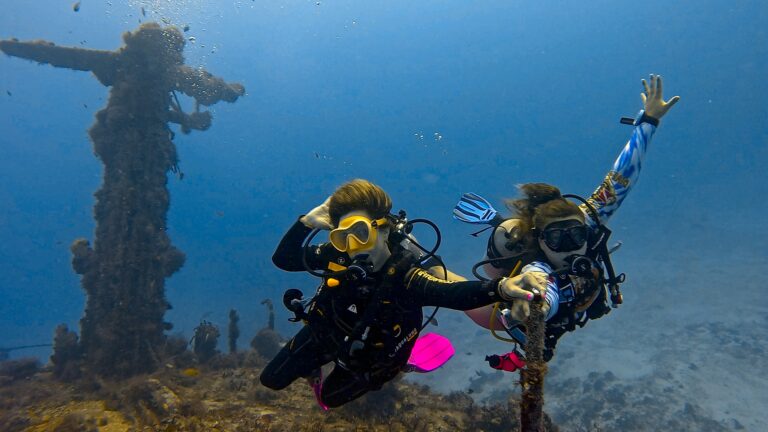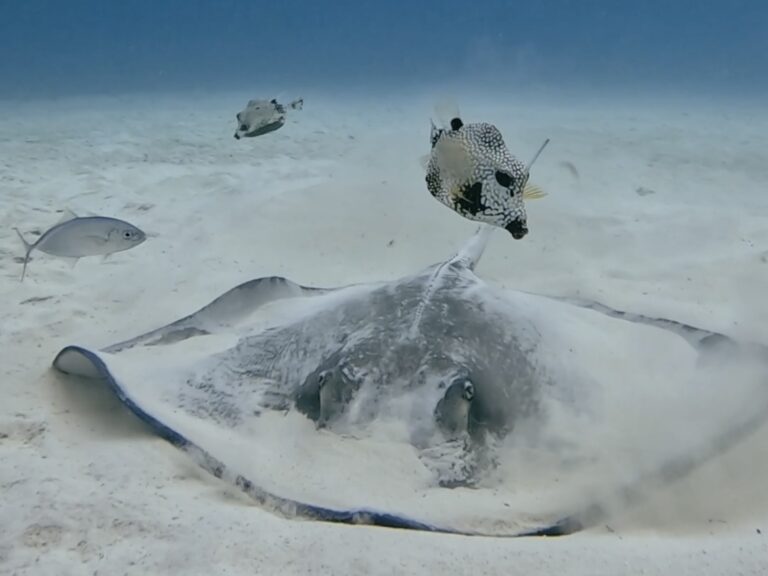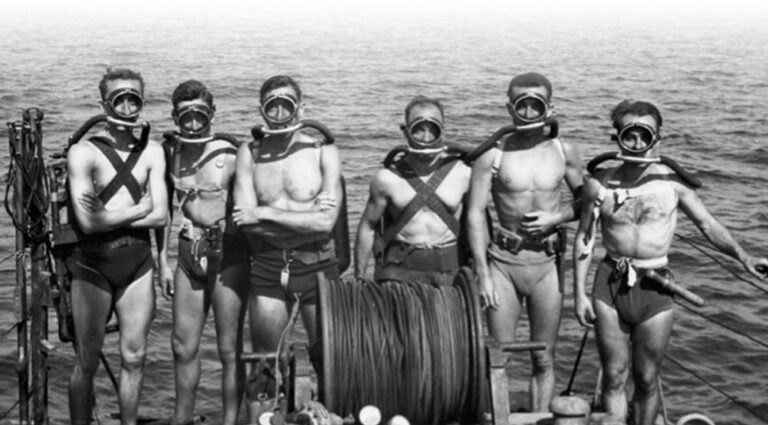Deep diving can be one of the most exhilarating experiences in the underwater world, but it requires careful preparation and knowledge to ensure safety and enjoyment. Whether you’re an experienced diver or new to the sport, understanding the essentials of deep diving can help you make the most of your adventures.
Before attempting deep dives, it’s crucial to understand the unique risks involved. Increased pressure at depth affects both your body and equipment, while nitrogen narcosis can impair judgement and motor skills at depths greater than 30 meters (100 feet). Additionally, the risk of decompression sickness increases, making careful planning of ascent and safety stops essential to avoid “the bends.” Proper training is vital, so ensure you have the appropriate certification, such as Advanced Open Water Diver or equivalent. Specialized deep diving courses can also enhance your skills and confidence.
Planning your dive is another critical aspect of deep diving. A well-structured dive plan should include your target depth, maximum dive time based on your training, and gas management. Calculate your air consumption rates to ensure you have adequate gas for the dive, including a safety reserve. Choosing safe entry and exit points and familiarizing yourself with the dive site are also important considerations.
Having the right gear is vital for a successful deep dive. Essential equipment includes a reliable dive computer to track depth, time, and decompression limits, as well as appropriate exposure protection like wetsuits or drysuits to maintain warmth. In darker environments, a good underwater light is essential for safe exploration.
Diving with a buddy enhances both safety and the overall experience. Ensure your dive buddy is adequately trained for deep diving, and discuss your dive plan in detail before entering the water. Clear communication is crucial underwater, so agree on hand signals and safety protocols ahead of time.
Maintaining your physical condition is paramount when deep diving. Staying hydrated helps avoid decompression sickness, while avoiding alcohol and drugs is essential, as these can impair judgement and increase the risk of accidents. If you have medical conditions or uncertainties about your fitness to dive, consult a physician experienced in diving medicine.
Safety should always be your top priority when deep diving. Conduct thorough pre-dive equipment checks, ascend slowly to allow nitrogen to dissipate from your body, and perform safety stops at 3-5 meters (10-15 feet) for at least 3 minutes.
Deep diving opens up a world of underwater wonders, but it requires careful planning and respect for safety protocols. By understanding the risks, ensuring proper training, using the right equipment, and practicing safety measures, you can make your deep diving experiences both enjoyable and safe. Whether exploring vibrant reefs, fascinating wrecks, or underwater caves, the depths hold incredible adventures waiting for you. Dive safely and enjoy the journey!




